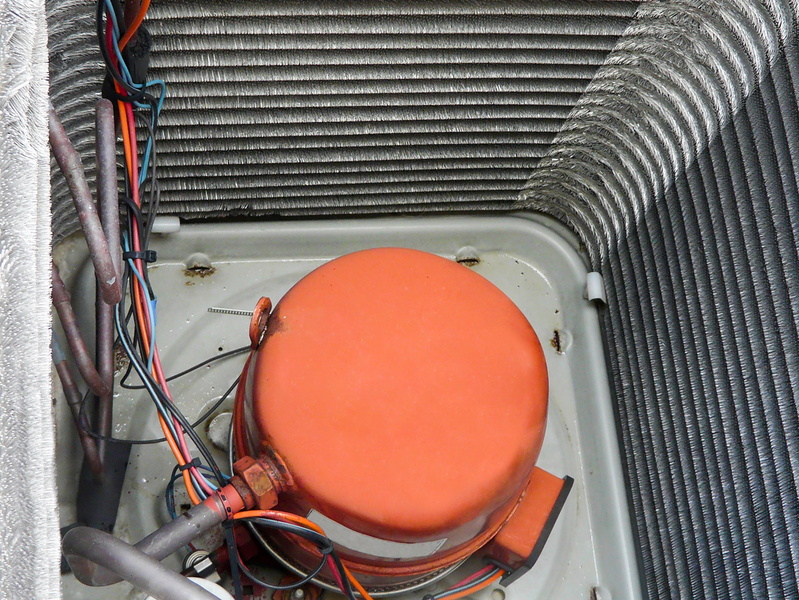Many landlords are now hiring reputable real estate companies to help them manage their business better and cut costs. Of course, as a renter, you still have your part to play in energy conservation and reporting maintenance issues. For many tenants, the rising cost of electricity and power is now a major cause for concern. However, going green doesn’t necessarily mean getting rid of comfort completely. There are a few practical ways you can save energy without losing convenience. Here are the top 5 ways to lower energy bills with preventive maintenance.
Table of Contents
Top 5 Ways to Lower Energy Bills with Preventive Maintenance
1. Clean the HVAC System
The HVAC system is a crucial and complex appliance responsible for most power usage in an average home. It maintains good air quality, ensures adequate ventilation, and keeps the house at an optimal temperature. Hence, inspecting and cleaning it would make it run more efficiently and reduce your energy bill.
Check prominent areas like the air ducts for dust and debris. You also want to clean the filters and replace them periodically, usually every 3 months. While your landlord ought to hire an expert to perform regular maintenance secondary glazing, you should still pay attention to any irregularities.
2. Opt for Energy Efficient Bulbs
While turning off lights when they’re not in use can help you lower your electric bills, it’s much better to go for energy-efficient brands. Incandescent bulbs consume much more power and emit most of their heat. On the other hand, their LED counterparts release very little heat and require less energy. Besides, they’re more luminous and have a longer lifespan. Thus, beyond your monthly electric bills, they can save you money spent on replacements over the years. They also come in various shapes and colors, making them ideal for indoor and outdoor use.
3. Lubricate Your Appliances
Lubricate your appliances to keep them working smoothly and prevent future damage. Adding some oil to equipment would reduce unnecessary friction, which could hamper their functionality. Additionally, excessive friction can lead to more wear and tear, which would shorten the lifespan of your appliances, requiring you to spend more money on a replacement. Thus it would help if you considered adding some oil to the moving parts of your HVAC system, washing machine, and other electronics. However, always consult your property manager and the appliance’s operating handbook before attempting any preventative maintenance tasks.

If you want to take it further, you can opt for energy-efficient appliances that draw significantly less power. This solution is perfect for tenants in an unfurnished rental with a fatter budget. An experienced team of property managers can help tenants complete simple preventive maintenance.
4. Insulate Your Windows
Insulate your windows to reduce the workload of your HVAC system. Poorly insulated windows let cold air escape during the summer, and warm air flows out during winter. That increases the workload of your heating and cooling system, making it less efficient. It also means you’ll have to spend more money on your electric bill to keep your house at optimal temperature.
Thus, it would be wise to go around the house and observe your window panes. Landlords should replace any broken panels, and add caulk where there are cracks that allow outside air in. You can also extend the same treatment to your doors to cover all entryways.
5. Change Your Thermostat Settings
Change your thermostat settings to reduce your energy savings significantly. Many people tend to leave their thermostat on one temperature throughout the day, which can be wasteful. When it’s much more relaxed, you can turn down the air conditioning since you won’t need it as much. Such habits can save you several dollars every night without inconveniencing you or your family. Of course, remembering to recalibrate the temperature every day might take some time. Although, it’s much easier for tenants with programmable or smart thermostats at home.
Landlord-Tenant Shared Responsibilities for Reporting Maintenance Issues
Landlords and tenants have their respective roles to play in the maintenance of a rental. For the most part, renters are around the property more often and would naturally become aware of a problem first. After noticing any discrepancies around the house, you’re to alert your landlord as soon as possible. Once you’ve done so, the responsibility to make prompt repairs falls on them. However, if you fail to report underlying issues on time and they become more significant problems, you could be in trouble. If left unattended, minor issues can escalate and make living in your rental inconvenient. Your landlord could also sue you for the damage caused by your negligence.
Although, as we’ve highlighted earlier, you can take preventive measures. There are several energy-saving upgrades for rental homes that tenants can implement without breaking the bank or their lease.
Conclusion
We should all strive to be more conscious of how much energy we consume regularly. Besides saving you more money, such habits are suitable for the planet. We hope you’ve gotten a few valuable ideas with these top 5 ways to lower energy bills with preventive maintenance.
If you’re interested in other ways to reduce electric costs around your rental, you can discuss the matter with your landlord or property manager.




